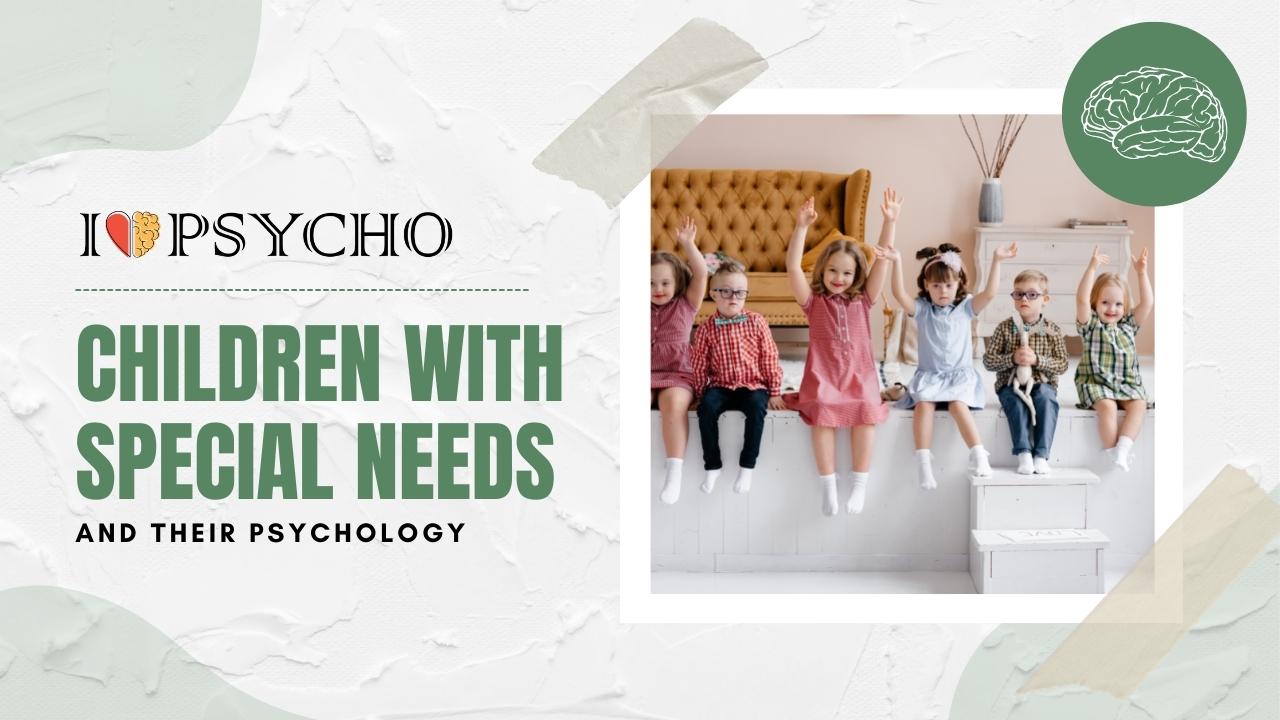Children with special needs are those who have a disability, a health problem, or a mental health problem that necessitates early intervention and support. Psychology makes significant contributions to the understanding, explanation, prediction, control, and resolution of problems in children with special needs.
Psychology’s real contributions are made in collaboration with other stakeholders in a child’s bio-psycho-social system. Children, families, communities, educators and educational systems, and other professionals are all part of the system. The contributions of psychologists are best made in this context as part of a multi-disciplinary team.
Psychologists use psychological theories to better understand, explain, predict, control, and solve problems in children with special needs. Theories are an important tool for understanding, explaining, predicting, controlling, and solving problems in special needs children for applied psychologists.
Psychology makes significant contributions to the understanding, explanation, prediction, control, and resolution of problems in children with special needs. Psychology’s real contributions are made in a child’s bio-psycho-social system. Children, families, communities, educators and educational systems, and other professionals are all part of the system.
The contributions of psychologists are best made in this context as part of a multi-disciplinary team (Feehan et. al., 2003). The group collaboration will have the greatest impact in assisting special needs children in developing their abilities or life skills in their physical, social, and spiritual surroundings.
Psychologists use psychological theories to better understand, explain, predict, control, and solve problems in children with special needs. Theories are an important tool for understanding, explaining, predicting, controlling, and solving problems in special needs children for applied psychologists.
Psychology theories can be used as a beginning point for advancing prevention and intervention strategies. An organized set of principles that describes, explains, and predicts psychological phenomena is known as a psychology theory (cognitive, affective, and psychomotor).
In the field of education, special needs students are defined as students whose cognitive, affective, and physical function differs significantly from the norm, necessitating the use of additional treatments to meet their needs.

Special needs children come in a variety of forms. Children with autism, mental retardation, ADHD, and sensory, physical, and health impairments are examples of special needs children.
They should be assisted in adjusting to their spiritual, social, and physical environments due to their limitations (cognitive, affective, and psychomotor). In this case, the society and community in which they live should support them so that the children can live a happy and prosperous life. Education for special needs children can help to realize the support.
The realization of their rights can lead to subjective well-being or happiness, as well as positive functioning (Baumgardner & Crothers, 2010). Knowledge and practices about a psychology perspective towards special needs children are one way for families, schools, communities, and schools to help special needs children.
Psychology, as a science of behavior and mental phenomena, can assist special needs children in adjusting to their new surroundings through theories and practices. Self-effectiveness adjustments can assist them in achieving happiness and fulfilling their roles in the family, school, community, society, and state.
Further Reading:









